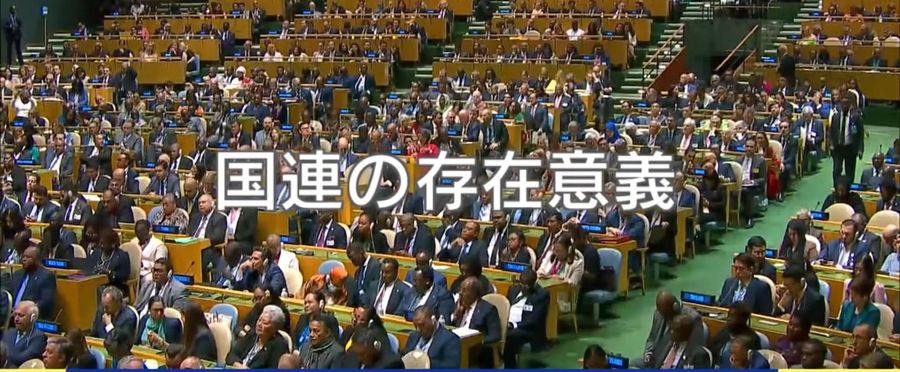Japan recently issued a rebuttal to a UN researcher's criticisms, deemed by the nation as 'misunderstandings'. The announcement comes amid rising tension between Japan and international bodies, particularly concerning socio-political policies. Japan's official statement affirms commitment to engaging in constructive dialogue with the UN, expanding on the nation's worry that a single scholar's criticisms may unjustly impact its international standing.
Japan pays great regard to its international image and diplomatic relations. The importance of this controversy within Japan stems from its significant relationship with the UN and other international entities. Japanese culture highly values harmony, reputation, and respect. This incident touches upon these social values, prompting national conversations about Japan's role in the global community.
Such a scenario might unfold differently in the US or EU. While disagreements with international entities can also occur, public opinion and media coverage may lean more towards freedom of speech considerations, weighing the validity of the researcher's concerns alongside governmental reactions. The focus might be more on the freedom to critique, as opposed to concerns over national reputation.

